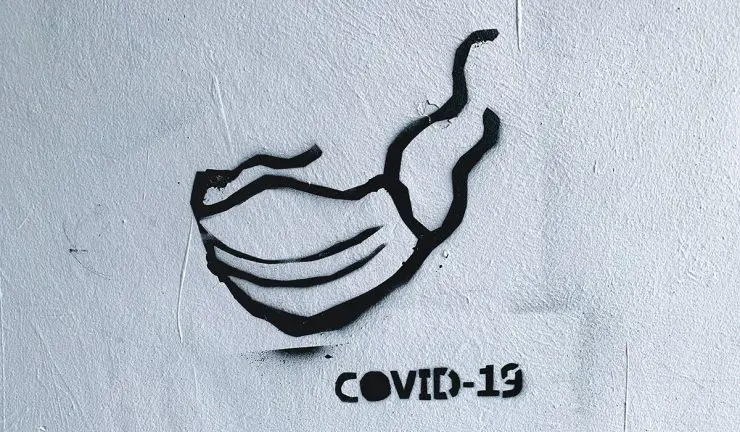3 Keys To Becoming An Intentional Disciple Maker
It is both the job and privilege of every Christian to be a disciple of Jesus. And part of that job is the call to disciple others.
You can disciple someone without holding a Bible degree – Jesus did a good job of demonstrating that by the men he chose to be his disciples. You may say – “But they were discipled by the Son of God, he didn’t need a Bible degree!” and that is true. But they went on to disciple others, and the people they discipled went on to make more disciples.
Discipling others may not require a degree, but it does require a process. And as the greatest disciple-maker in history, Jesus left us with a great example to follow. As I study Jesus’ approach, one of the keys to his success was that he was an intentional leader.
Disciple-makers need to be intentional leaders – I am thinking of people who lead by example wherever they are, I am thinking of people who have influence in the life of someone else.
That basically means all of us… we all have people like that in our lives. And if we are disciples of Jesus, we are also called to disciple them.
So – now that you know you are a leader, how can you become a more intentional one?
Here are three simple things you can do to become a more intentional leader:
1. Be an intentional planner (prioritize your schedule)
- Make a weekly time to get together with the person you are discipling. Whether it is for coffee, a workout, or a bible study – having a consistant weekly time ensures you are keeping up an awareness of each others lives and what is happening.
- Connect often. Put an alert on your phone a few times a week to remind you to send a text or make a phone call just to say hi and check in. Add them to your social media accounts, tag them in something that reminds you of them, be sure to comment on or like their posts. This may seem superficial, but it is one of those small things that can have a big impact on someone.
- Put their important dates on your calendar. Birthdays, their kid’s games, their anniversary…etc – It will only take a moment of your time to text or message them about it, but It is amazing how much it means to someone when you remember the things they have going in their life. It shows a deeper level of care.
2. Be an intentional presence (listening, self-awareness)
- When you do spend time with the person you are discipling, be sure you are really there. Put away or mute your phone, make eye-contact and listen when they are talking, ask them questions about their life, family, walk with God, feelings, struggles..and then listen for the purpose of understanding. Be sure you aren’t just waiting for them to pause so you can give them a response. And whatever you do – don’t interrupt them when they are sharing.
- Try to keep an awareness of what your body language may be saying about your level of interest in the conversation. Lean in, keep your eyes on them, don’t fidget and look around – that indicates boredom and disinterest.
- Commit the things they are sharing to memory, then bring them up in conversations later during the week. This shows you care and want to follow up, it also leads the way to accountability, which is a necessary component of disciple-making.
3. Model intentional transparency (lead by example)
- This is key, and it is not easy – but in order to develop a relationship that goes deeper and that allows room for accountability, you will need to lead the way by being open and transparent.
- When you share things you struggle with it can have a huge effect on the person you are sharing with. It lets them know that you are not perfect. It lets them know that they are not alone. It makes them feel safer about sharing their struggles with you.
- Trust is very important as you enter this depth of relationship with the person you are discipling. Be certain you do not share the things that are said in confidence to you. This is a very important piece of being an example that cannot be overlooked. Trust is slow to be earned but can be lost very quickly.
This was originally posted on Jim Putman’s blog here. Used with permission.





